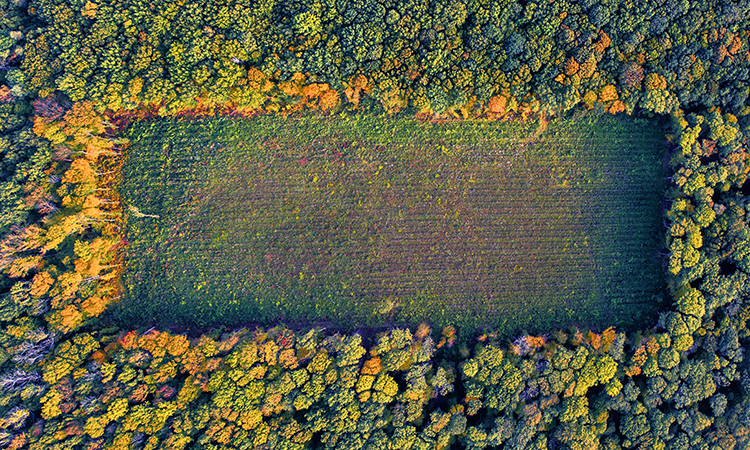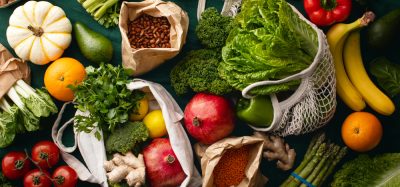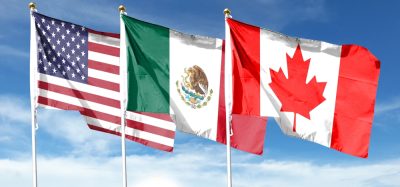Deforestation-free supply chains are possible but uncommon, outlines new data
- Like
- Digg
- Del
- Tumblr
- VKontakte
- Buffer
- Love This
- Odnoklassniki
- Meneame
- Blogger
- Amazon
- Yahoo Mail
- Gmail
- AOL
- Newsvine
- HackerNews
- Evernote
- MySpace
- Mail.ru
- Viadeo
- Line
- Comments
- Yummly
- SMS
- Viber
- Telegram
- Subscribe
- Skype
- Facebook Messenger
- Kakao
- LiveJournal
- Yammer
- Edgar
- Fintel
- Mix
- Instapaper
- Copy Link
Posted: 28 May 2024 | Leah Hockley | No comments yet
A new report has provided the first clear and quantitative look at the extent to which major companies have been able to eliminate deforestation from their supply chains.


New data from the Accountability Framework initiative (AFi) and CDP show that achievement of deforestation- and conversion-free supply chains is possible, but still uncommon around the world.
AFi and CDP examined hundreds of company disclosures and revealed their findings in ‘Time for Transparency: Deforestation- and conversion-free supply chains‘.
The report provides the first clear and quantitative look at the extent to which major companies have been able to eliminate deforestation from their supply chains. Based on disclosures made in 2023 through CDP, 64 companies say that they have achieved at least one deforestation- and conversion-free commodity supply chain, based on a high-quality disclosure.
The companies reported a total of 66 agricultural and forestry supply chains as free from deforestation or conversion of other ecosystems. Those supply chains include 31 for timber products, 15 for palm oil, nine for soy, six for cattle products, three for cocoa, one for coffee and one for rubber.
“Companies must eliminate deforestation and conversion from their supply chains to meet near-term climate and nature targets, as well as to comply with emerging laws like the EU Deforestation Regulation,” said Leah Samberg, Lead Scientist at AFi. “These new data demonstrate that companies need to invest in effective monitoring and control systems to address deforestation and conversion associated with their operations and suppliers; however, few are doing so.”
In total, 881 companies disclosed through CDP on at least one commodity supply chain, for a total of 1,498 commodity-specific disclosures across seven high-risk commodities. About half of the companies (445) disclosed on deforestation- and conversion-free progress. However, only 186 companies provided clear and appropriate information to justify their claims.
“We recognise that many companies were transparent about the extent to which their supply chains are free from deforestation and conversion,” said Tomasz Sawicki, Head of Land at CDP. “But the latest analysis tells us that the majority of companies remain far from achieving deforestation- and conversion-free supply chains by 2025, which is the immediate target.”
A variety of issues undermined the reliability of information that companies disclosed, such as reliance on certification programmes and risk assessments that cannot guarantee commodities are deforestation-free. Additionally, some disclosures were missing important information on company activities, products, regions or suppliers.
“Companies need to provide stronger evidence to support claims that their commodity supply chains are free of deforestation and conversion,” Sawicki said.
The report calls on companies that produce or source agricultural or forestry commodities to communicate publicly and to suppliers their intentions to achieve deforestation- and conversion-free supply chains. Importantly, they should consider the impacts of their supply chains on all natural ecosystems, not only forests. To achieve compliance with polices, companies should also monitor and engage their suppliers.
“Making no-deforestation or no-conversion intentions clear through public policies, commitments and supplier engagement supports disclosure and helps accelerate the transition to responsible production and trade,” Samberg said.
The CDP forests questionnaire tracks company performance on eliminating deforestation from agricultural and forestry supply chains. A record-breaking 1,152 companies disclosed through it in 2023. It was the first year that companies disclosed on deforestation- and conversion-free supply chains in a standardised format using indicators developed in partnership with the Accountability Framework initiative.
Related topics
Regulation & Legislation, Research & development, Supply chain, Sustainability









